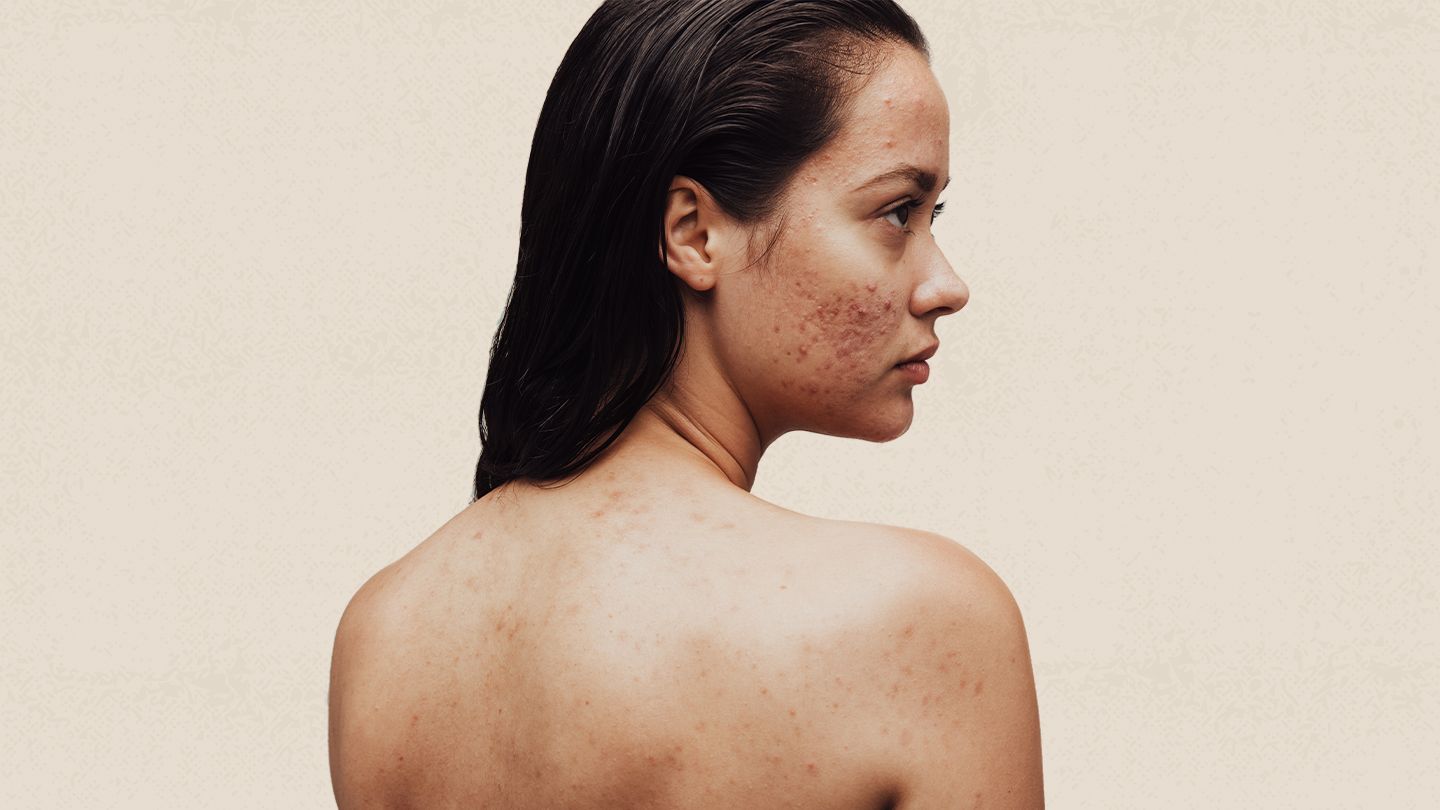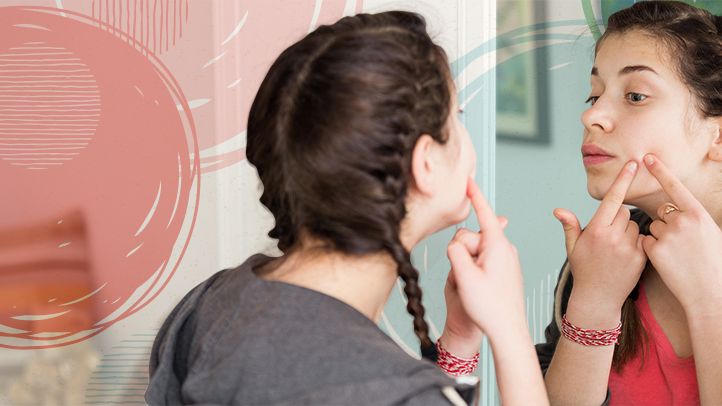The Importance of Moisturizing for Teenage Skin
Teenage skin is a delicate ecosystem. As hormones surge during puberty, the sebaceous glands become more active, leading to increased oil production. This excess sebum can contribute to clogged pores, blemishes, and acne. On the flip side, many teenagers experience dry, flaky patches due to a compromised skin barrier.
Moisturizing is crucial for maintaining a healthy balance. A good moisturizer can hydrate the skin without clogging pores, keeping it supple and preventing dryness. It can also help regulate sebum production, reducing the risk of breakouts. By nourishing the skin from within, a moisturizer can enhance your complexion's natural glow and resilience.
Choosing the Right Moisturizer for Teenage Skin
With a plethora of moisturizers on the market, finding the right one for your teenage skin can be overwhelming. Here are some key factors to consider:
Skin Type
Determine your skin type (oily, dry, combination, or sensitive) and choose a moisturizer formulated specifically for your needs. For oily skin, look for lightweight, oil-free, and mattifying formulas. Dry skin requires richer, more emollient creams. Combination skin benefits from a balanced, non-comedogenic moisturizer. If you have sensitive skin, opt for fragrance-free, hypoallergenic products.
Ingredients
Pay close attention to the ingredient list. Look for moisturizers with hydrating agents like hyaluronic acid, glycerin, and ceramides, which help retain moisture in the skin. Avoid heavy, occlusive ingredients like petrolatum and mineral oil, as they can clog pores and exacerbate acne.
Sun Protection
Choose a moisturizer with broad-spectrum sun protection (SPF 30 or higher) to shield your skin from harmful UV rays. Prolonged sun exposure can lead to premature aging, dark spots, and an increased risk of skin cancer. Incorporating sun protection into your daily routine from an early age is essential.
Non-Comedogenic and Oil-Free Formulas
When dealing with acne-prone teenage skin, opt for non-comedogenic and oil-free moisturizers. These products are less likely to clog pores and cause breakouts, making them ideal for keeping your complexion clear and balanced.
Top Moisturizers for Teenage Skin
Here are some of the best moisturizers for teenage skin, based on expert recommendations and user reviews:
CeraVe Facial Moisturizing Lotion AM
This lightweight, oil-free moisturizer is a cult favorite among dermatologists and skincare enthusiasts alike. It contains ceramides to restore the skin's protective barrier, niacinamide to reduce inflammation, and broad-spectrum SPF 30 to guard against sun damage.
Neutrogena Hydro Boost Water Gel
Formulated with hyaluronic acid, this water-based gel moisturizer delivers intense hydration without leaving a greasy residue. Its non-comedogenic formula makes it an excellent choice for oily and acne-prone teenage skin.
La Roche-Posay Toleriane Double Repair Face Moisturizer
Specifically designed for sensitive skin, this moisturizer is fragrance-free, hypoallergenic, and enriched with ceramides and niacinamide. It helps restore the skin's natural balance and soothes irritation, making it ideal for teenagers with reactive complexions.
Origins GinZing Energy-Boosting Gel Moisturizer
Packed with ginseng, coffee bean, and antioxidants, this lightweight gel moisturizer awakens tired, dull skin. Its oil-free formula absorbs quickly, leaving a refreshed and radiant complexion, perfect for busy, on-the-go teenagers.
Tips for Incorporating Moisturizer into Your Teenage Skincare Routine
To make the most of your moisturizer and maintain healthy, glowing skin, follow these tips:
Cleanse and Exfoliate First
Begin your skincare routine with a gentle, non-irritating cleanser to remove impurities, excess oil, and dead skin cells. Follow up with a mild exfoliant once or twice a week to slough off dull, flaky skin, allowing your moisturizer to penetrate more effectively.
Apply Moisturizer While Skin is Damp
After cleansing, pat your skin dry with a soft towel, leaving it slightly damp. Then, apply your moisturizer while the skin is still moist. This helps seal in hydration and enhances the product's absorption.
Moisturize Day and Night
Consistency is key. Incorporate moisturizing into both your morning and evening routines. This helps maintain the skin's hydration levels around the clock, preventing dryness and minimizing the appearance of fine lines and wrinkles.
Don't Forget Sunscreen
If your moisturizer doesn't contain sun protection, don't forget to apply a broad-spectrum sunscreen with an SPF of 30 or higher as the final step in your morning routine. Sun exposure can exacerbate acne, dark spots, and premature aging, so it's crucial to shield your skin from harmful UV rays.
By incorporating a suitable moisturizer into your teenage skincare routine and following these tips, you can achieve a radiant, healthy complexion that glows from within. Remember, consistency and patience are key it may take some time to find the perfect moisturizer for your skin, but the rewards are well worth the effort.
FAQs
What are the benefits of using a moisturizer for teenage skin?
Moisturizers can help hydrate and nourish teenage skin, maintain a healthy moisture balance, regulate sebum production, prevent dryness and flakiness, and enhance the skin's natural glow and resilience.
How do I choose the right moisturizer for my teenage skin?
Consider your skin type (oily, dry, combination, or sensitive) and select a moisturizer formulated specifically for your needs. Look for hydrating ingredients like hyaluronic acid, glycerin, and ceramides, and avoid heavy, occlusive ingredients that may clog pores. Also, opt for non-comedogenic, oil-free formulas if you have acne-prone skin, and choose a moisturizer with broad-spectrum sun protection.
When should I apply moisturizer in my skincare routine?
After cleansing, pat your skin dry with a soft towel, leaving it slightly damp. Then, apply your moisturizer while the skin is still moist to help seal in hydration and enhance absorption. Incorporate moisturizing into both your morning and evening routines for best results.
Can moisturizers help with acne in teenage skin?
Yes, choosing the right moisturizer can help with acne-prone teenage skin. Look for non-comedogenic and oil-free formulas that are less likely to clog pores and cause breakouts. Moisturizers can also help regulate sebum production, which can contribute to fewer blemishes.
What are some top moisturizers recommended for teenage skin?
Some top moisturizers for teenage skin include CeraVe Facial Moisturizing Lotion AM, Neutrogena Hydro Boost Water Gel, La Roche-Posay Toleriane Double Repair Face Moisturizer, and Origins GinZing Energy-Boosting Gel Moisturizer.
Disclaimer: This article is for informational purposes only and does not constitute medical advice. Always consult with a healthcare professional before starting any new treatment regimen.
Related Coverage
Acne can leave deep physical and emotional scarring. Learn how to cope with the shame and rebuild your self-esteem after years of struggling with bad skin....
Some speculate the herb ashwagandha may lead to acne breakouts due to hormonal effects, but research hasn't found a clear link. Tips if experiencing acne on ashwagandha....
Ashwagandha can sometimes trigger pesky acne breakouts. Discover potential reasons why ashwagandha leads to pimples, plus lifestyle tips and skincare solutions to control flare-ups....
Learn how to choose an acne-friendly, non-comedogenic foundation that won't clog pores. Plus find reviews of top foundations for oily and acneic skin types....
Frustrated by recurring major breakouts and cystic acne? Get clues to the underlying causes of stubborn pimples. Discover professional treatment options and at-home care tips to clear and prevent....
Keratosis pilaris bumps may be tempting to pop but can lead to scarring, infection, and more inflammation. Here's how to safely treat KP bumps....
Does fasting cause acne breakouts? Intermittent fasting may impact hormones and lead to more pimples. Get tips to prevent acne flares during fasting....
Butt acne can cause embarrassing bumps, cysts, and scars on your rear. Learn what causes pimples on the buttocks and how to treat acne on your behind....
Learn if 50mg spironolactone daily is sufficient for clearing acne. Discover spironolactone benefits, side effects, dosage guidelines and safety monitoring requirements....
Get 140 grams of protein in your diet with this sample meal plan including food sources, budget tips, high protein breakfasts, lunches, dinners and snacks....





